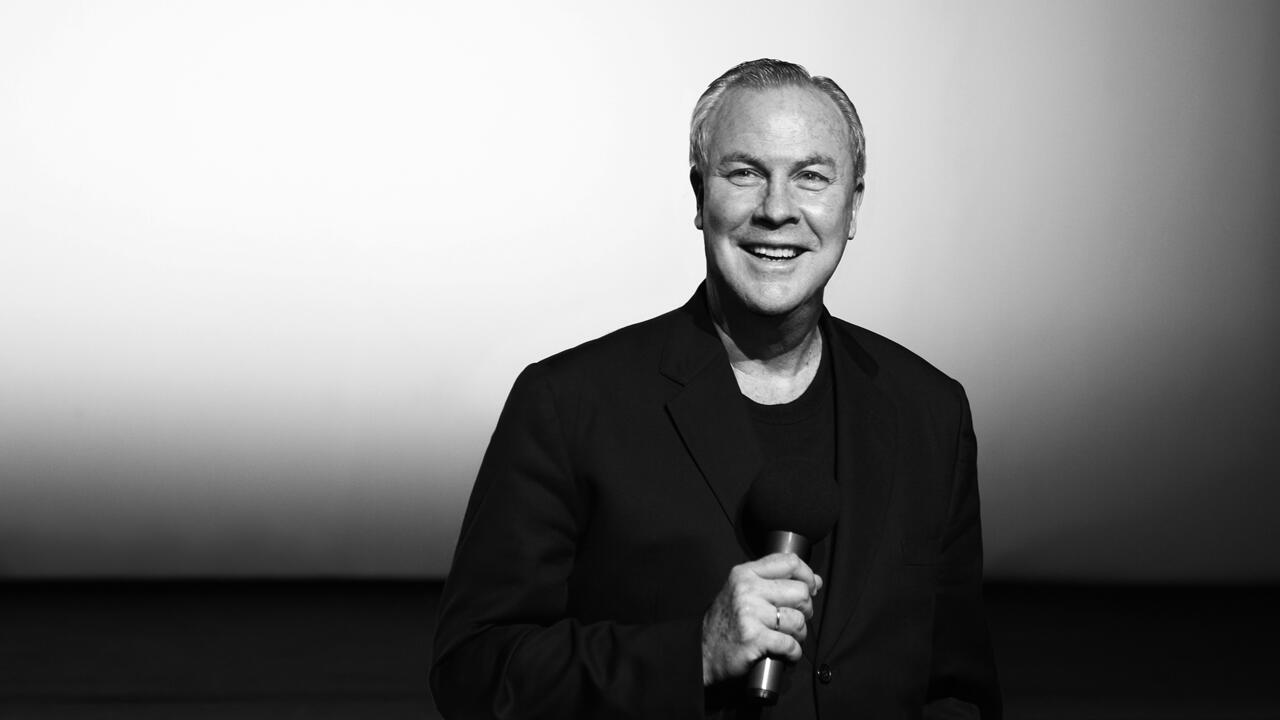Alva Gotby’s Vision for a Utopian Housing Solution
An urgent new book presents a housing vision centred on collectivity and communal living
An urgent new book presents a housing vision centred on collectivity and communal living

This piece appears in the columns section of frieze 248, ‘Disobedience’
The housing crisis – which is addressed in Alva Gotby’s latest book, Feeling at Home (2025) – is the result of a disastrous system, one that runs counter to the rationale of any semi-benevolent society, yet is the foreseeable result (and prize) of neoliberal housing policies that systematize insecurity, destitution, homelessness and rent poverty. Housing as an asset and home as an aspiration are both complexes that, as this book illuminates, need dismantling.

Adopting a succinct yet gripping approach, Gotby identifies both society’s infrastructures and the persistent abstract that entrenches them, showing us how the constitution of housing inequality and our idealized concept of ‘home’ are the same malady. Drawing on Marxist historical materialism as well as her experience of activism with renters’ unions – through which she will have encountered conditions that would make anyone desperate for housing justice – she articulates the problem theoretically and practically.
Feeling at Home is in a chorus of recent books that, speculating on the radical reform of property laws, stress the imperative roles played by the state and affordable social housing. Gotby’s main shake is to depart from the prevalent call of most commentators – to build, build, build! – and to advocate instead for a paradigm shift: our notions of ‘housing’ and ‘home’ need reconceptualizing, as part of a revolutionary turn towards ‘expropriat[ing] private landlords’ and re-occupying the buildings already standing, starting with the 1.1 million empty properties around the UK. In doing so, we sever the reliance of property-capitalism on the extraction of working-class-funded rent. Gotby argues that the drive for more building plays into the system that privileges property over people and privatizes our lives, not to mention the environmental damage; the concrete alone necessary for the current government to achieve its ‘1.5 million new homes’ target would burst its 2050 net-zero emissions target.

Gotby uses utopianism effectively as a critical method in outlining how reimagining and reorganizing ourselves according to more radical forms of habitude would dismantle the metaphors of individualized homes that have been a tool for shaping who we are and how we relate to each other (i.e. in terms of property). Without debating the economics of housebuilding, the argument feels most compelling as this: People produce a concept of home through habits and common acts, which define the shape and premise of the buildings we live in. Take the traditional suburban family home, the symbolic and material architecture of which we have been conditioned to fit in and around.
It strikes me that our housing imaginary is even weirder than this. Consider the draughty, damp, Victorian terraces that were built quickly and cheaply more than 100 years ago by landlords for their worker-tenants – at a time when most people, even children, were workers – which make up so much of our contemporary housing stock. It is from these seedpods (now ranging in value between GB£150,000 and GB£1 million, depending on postcode and ‘charm’) that the modern idea of a British ‘family home’ evolved, conscripting proletariat lifeforce to the existence of property. The heritage of our housing subjectivity is fascinating and hard to decipher. The effects on people’s lives are stark and harrowing.

Gotby is good at unpicking the contradictory positions of the Left and is great at observing the peculiarly British subplot in this global narrative. She is excellent on urban geographer Alice Coleman’s 1985 report on council estates, Utopia on Trial, which solidified the stigma of social housing and set a pervasive attitude against any progressive state-housing solution that decentres the family-unit model. This is where we see the inverse of what Gotby is calling for: an attitude of territorial logic, a calcified feeling of ownership, leading to decades (more) of housing injustice. The reverse is the solution: collective belief in cooperative and communal housing.
And I do believe in it. But then I think of my socially conditioned prizing of solitude and feel shamefully uneasy. Yet, given the terrifyingly urgent narrative that Gotby backlights – burning fossil fuels, boiling oceans, rising sea levels, flooded and failing new-build housing estates that make developers rich and keep so many disenfranchised – can we afford not to want this? How we are constituted by housing and how we constitute home are relative in this crisis, for which we need radical thinking with action. The stratagems in this book put rational logic and utopia back in the mix.
This article first appeared in frieze issue 248 with the headline ‘People Over Property’
Alva Gotby’s ‘Feeling at Home: Transforming the Politics of Housing’ will be published on 21 January by Verso Books
Main image: Drone view of modern housing construction site in the UK (detail), 2022. Courtesy: Getty Images / Justin Paget
























